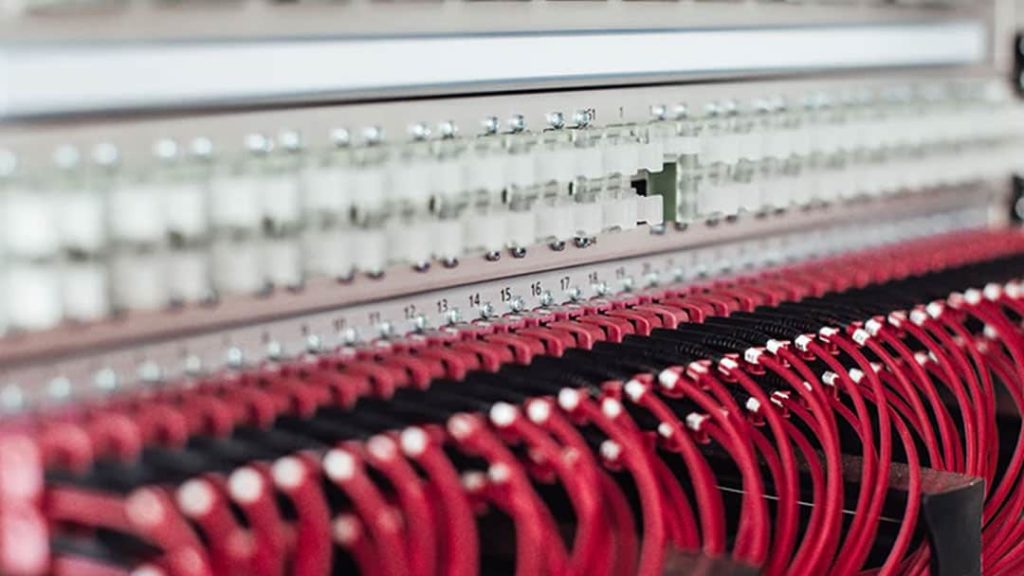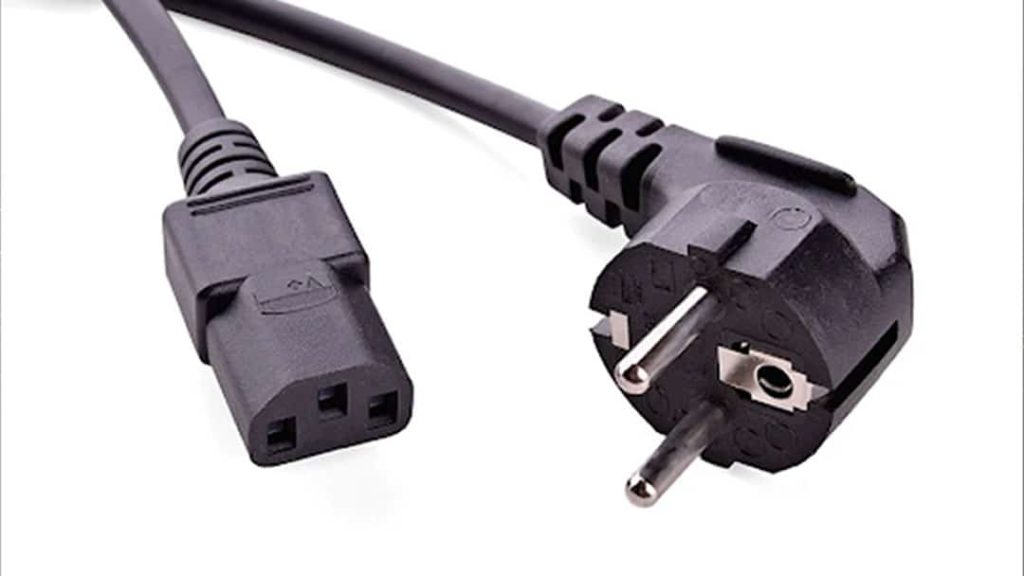Uninterruptible Power Supply (UPS) systems play a critical role in ensuring the uninterrupted operation of data centers. In the event of a power outage or other power-related issues, a UPS provides backup power to keep the data center running smoothly. In this article, we will explore the importance of UPS in data centers, different types of UPS systems, and factors to consider when choosing a UPS solution.
Related Link: Basic Tripping Settings for Circuit Breakers to Know
The Importance of UPS in Data Centers
Data centers house and operate mission-critical infrastructure, including servers, storage systems, networking equipment, and more. Any disruption in the power supply can have severe consequences, leading to data loss, system downtime, and financial losses. UPS systems act as a safeguard against these risks by providing uninterrupted power to the equipment during power outages, voltage fluctuations, or other power disturbances.
Preventing Data Loss: Data centers store vast amounts of valuable data, and sudden power interruptions can result in data corruption or loss. UPS systems give data center operators a critical window of time to gracefully shut down equipment and safely store data, mitigating the risk of data loss.
Minimizing Downtime: Downtime can have significant financial implications for businesses relying on data center services. UPS systems provide immediate backup power, allowing data center operators to continue operations seamlessly during power outages. This helps maintain productivity, customer satisfaction, and business continuity.
Protecting Equipment: Power disturbances such as surges, spikes, and voltage fluctuations can damage sensitive electronic equipment. UPS systems act as a line of defense, offering surge protection and voltage regulation to prevent equipment damage and premature failure.
Seeking guidance on integrating technology into your business? Let us provide you with the assistance you need. Contact us today!
Types of UPS Systems
There are several types of UPS systems available, each offering different levels of protection and functionality. Understanding the differences between these types can help data center operators choose the most suitable UPS solution for their specific needs.
- Standby UPS: Standby UPS systems are the most basic type and are commonly used for workstations or small-scale applications. They provide backup power by mechanically switching to battery power when a power failure occurs. Standby UPS systems are typically non-configurable and offer limited features.
- Line-interactive UPS: Line-interactive UPS systems offer more advanced features compared to standby UPS systems. They can handle not only power outages but also short-term under-voltages or over-voltages. Line-interactive UPS systems use an autotransformer to adjust the output voltage, providing smoother power delivery to connected equipment.
- Online Double-Conversion UPS: Online double-conversion UPS systems provide the highest level of power protection and are commonly used in data centers. These UPS systems continuously regenerate clean AC power through a continuous-duty inverter, seamlessly transitioning between the mains power and battery power. They offer superior protection against power fluctuations, ensuring that connected equipment receives conditioned and regulated power.

Choosing the Right UPS Solution
When selecting a UPS solution for a data center, several factors should be considered to ensure optimal performance and reliability.
- Capacity and Scalability: Assess the power requirements of the data center and choose a UPS system with sufficient capacity to support the load. Additionally, consider scalability options to accommodate future growth or increased power demands.
- Battery Life: The battery life of a UPS system is a critical factor to consider. Different UPS systems have varying battery life, and it is important to choose a system that aligns with the desired backup duration and operational needs. Valve-regulated lead-acid (VRLA) batteries, commonly used in UPS systems, typically have a lifespan of 3 to 5 years.
- Redundancy and Fault Tolerance: To ensure maximum uptime, consider UPS systems with built-in redundancy and fault tolerance features. Redundant UPS configurations, such as N+1 or 2N redundancy, allow for seamless power transfer in case of a UPS failure or maintenance. This ensures that critical equipment remains powered even during UPS maintenance or component failures.
- Efficiency and Energy Savings: UPS systems are not only responsible for providing backup power but also for ensuring efficient power delivery. Look for UPS systems with high-efficiency ratings, such as those certified by ENERGY STAR or with high-efficiency levels, to minimize energy consumption and reduce operating costs.
- Monitoring and Management Capabilities: Advanced UPS systems offer monitoring and management features that provide real-time visibility into power usage, battery status, and system health. These features allow data center operators to proactively monitor UPS performance, identify potential issues, and take necessary actions to ensure continuous operation.
- Maintenance and Serviceability: Consider the ease of maintenance and serviceability when selecting a UPS system. Look for UPS models that provide easy access to components, hot-swappable batteries, and user-friendly interfaces for configuration and troubleshooting. This can significantly reduce downtime during maintenance or repair activities.
- Integration with Power Distribution Infrastructure: Ensure compatibility and seamless integration of the UPS system with existing power distribution infrastructure in the data center. Consider factors such as input/output voltage requirements, connectivity options, and compatibility with other power management systems.
Related Link: How to Calculate Data Center Cooling Needs
Battery Monitoring and Maintenance
Proper monitoring and maintenance of UPS batteries are crucial for ensuring their reliability and longevity. Regular battery inspections, testing, and preventive maintenance can help identify potential issues before they lead to unexpected failures. Monitoring the battery health, temperature, and voltage levels can provide valuable insights into their condition and allow data center operators to take proactive measures.
Battery replacement should be planned in accordance with manufacturer recommendations or based on battery performance indicators. Regularly scheduled battery replacements help prevent unexpected downtime and ensure that the UPS system can provide the intended backup power when needed.
Additionally, it is essential to establish proper battery storage conditions, including temperature and humidity control, to extend battery life. Implementing battery management software or systems can aid in monitoring battery health, predicting failures, and optimizing battery performance.
By paying close attention to battery monitoring and maintenance, data center operators can maximize the reliability of their UPS systems, minimize the risk of power interruptions, and effectively protect critical infrastructure, contributing to a robust and resilient data center environment.
Looking for new tech solutions? Contact us today!
The Crucial Role of UPS in Data Centers

Uninterruptible Power Supply (UPS) systems are essential for data centers to ensure uninterrupted power and protect critical infrastructure. They provide backup power during outages, prevent data loss, minimize downtime, and safeguard equipment against power disturbances. By understanding the different types of UPS systems and considering factors such as capacity, battery life, redundancy, efficiency, monitoring capabilities, and integration with power distribution infrastructure, data center operators can choose the right UPS solution that meets their specific needs.
Investing in a reliable UPS system is a crucial step toward securing uninterrupted power and maintaining the operational efficiency of data centers. As data centers continue to evolve and become more critical in the digital age, the importance of UPS systems in ensuring data integrity, system availability, and business continuity cannot be overstated. By prioritizing UPS solutions that align with their power requirements and operational goals, data center operators can enhance the reliability and resilience of their infrastructure, providing peace of mind and confidence in the face of power-related challenges.
Related Link: Why Hackers Love Smart Buildings [Security Update]
Last Updated on June 8, 2023 by Josh Mahan




